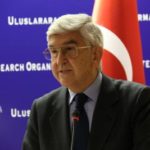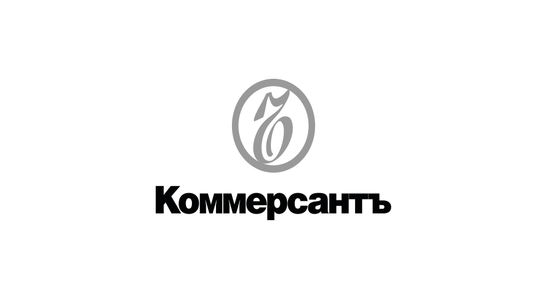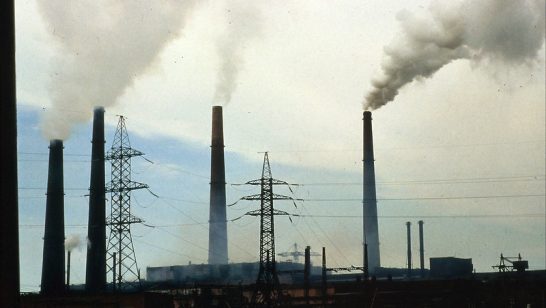
Turkey, Ukraine, and Russia are close neighbours, linked both by history and economics. Russia’s attempt at annexation of Crimea upsets a balance which all the sides have worked hard to create, not just over decades but indeed over centuries. Like all successes, it is a quiet story. Despite the chronic problems following the break-up of the Soviet Union, the Black Sea has been a low-tension zone rather than a confrontational frontline in recent decades.
So when, very early on in the Crimea crisis, Turkey’s Foreign Minister, Mr Ahmet Davutoğlu, flew to Kiev, on 1 March, he signaled just how painful and serious this problem is for us in Turkey in particular. His visit indicated that even if our country’s range of options is reduced, Turkey is not going to remain just an observer.
The Crimea was once part of Turkey. It belonged to both the Byzantine and Ottoman Empires, a trading extension of Istanbul. Its indigenous people, the Crimean Tatars, still speak Turkish. Thanks to a tragic historical situation, not only are they a minority of less than 20% in their own homeland but half of them still live in exile. They have a visible lobby of exiles in Turkey and this has been on the streets in the last few weeks protesting against Russian intervention in the Crimea. Turkey cannot do very much that is practical for the Crimean Tatars, except perhaps economic and humanitarian aid, but no Turkish government can ever overlook what happens to them.
Turkey values its relations with Russia for many reasons, not least for its expanding energy and trade relations after the dissolution of the Soviet Union. But I believe that the partition and annexation of a neighbouring state on a transparent pretext is clearly wrong. Russia’s actions in Crimea are unacceptable and violate international law. They add to the potential instabilities of the Black Sea area, most of which are linked to Russian or pro-Russian populations. To date most of these problems, in Moldova, Georgia, and Azerbaijan/Nagorno Karabagh have proved very intractable, but they are marginal and relatively small. This is not the case with Ukraine, a country of 46 million people, and the Crimea, a territory of two million people.
Crimea’s amputation from Ukraine will be a festering wound with major effects on the security and economic life of its region, not least because there are indications that a very substantial section of its population does not want to join Russia. This reluctance is presumably the reason why a referendum is being rushed through without any genuine international observers in the absurd period of one week.
The immediate question is what can the rest of the world do about the annexation? The realistic answer is, I fear, very little in the short term. Trade sanctions seem to me to be virtually impossible—I personally cannot see for example how Turkey could cut energy imports from its second largest trading partner. Turkey is Russia’s second largest customer for gas after Germany. About 60% of the gas we consume each year comes from Russia and gas is now our main source of energy. That leaves us with very little short-term scope for action, though our energy strategy for the medium and long term will certainly have to be re-examined.
The weakness of the EU’s foreign policy is one of the main lessons emerging from this debacle. It is a structural not an institutional problem: arising from the dependence of large EU members and Eastern European ones on Russia for energy and the volume of their bilateral Russian trade.
Nor can we hope for a change in Russian policy in the foreseeable future. President Putin is only 62 years old and likely to lead Russia for a good many more years, barring the unexpected.
This does not mean however that we should overlook the seizure of Crimea or acquiesce in it, or ignore the fate of its people. Therefore the most effective and realistic response has to be decisive and sustained support for the legitimacy of the new Government in Kiev. However, assistance should perhaps be focused more on democracy and prosperity rather than attempts to bind them visibly into the EU or NATO systems. Personally I think that deploying new Western bases or naval forces close to Russia will probably be counter-productive, indeed has been so already. Turkey will obviously continue to be scrupulous in applying the 1936 Montreux Convention.
Helping the Crimean people in a realistic fashion, politically and economically, is something we can attempt. It is particularly important that the forthcoming Ukrainian elections in May be a fresh beginning for Ukrainian democracy, helping create a system in which Ukrainian and Russian speakers live and work effectively together. Its people have been highly divided in the past. Perhaps they may be less polarized in future after the loss of Crimea.
We should not forget that part of the problem is that Mr Putin and some of his countrymen believe that it is the West, i.e. NATO and the EU, which is expanding into their former territory rather than the other way round. Building up the stability and independence of Russia’s neighbours while discouraging polarization should eventually help dispel this perception, though we cannot expect quick results.
So in coping with the dangerous and difficult new situation that now exists to Turkey’s north, we will have to combine new vigilance and firmness with existing instruments—international law, bilateral and multilateral organizations and relations while always keeping the blessings of a friendly and cooperative Black Sea in mind. Time will tell whether Russia gets the message or not.
The opinions articulated above represent the views of the author(s), and do not necessarily reflect the position of the European Leadership Network or any of its members. The ELN’s aim is to encourage debates that will help develop Europe’s capacity to address the pressing foreign, defence, and security challenges of our time.



